Podcast: Play in new window | Download (Duration: 39:38 — 72.9MB)
The benefits of systemic metabolic enzymes are profound.

I recently interviewed Tom Bohager about the role of digestive enzymes. I consider digestive enzymes to be one of the top two supplements for anyone with digestive challenges, the other being probiotics. One of the things that surprised me in that interview was that digestive enzymes are still not that well known or understood by consumers. When you consider the number of people with digestive challenges, one would think that digestive enzymes would be a first line consideration. They should be. You can learn more about digestive enzymes in my previous interview with Tom.
In this interview with Tom, we are going to discuss metabolic enzymes (also known as therapeutic enzymes). I am certain that many less consumers know about or understand this part of the enzyme story. This also surprises me because the research on metabolic enzymes goes back 50 years. I have known about and used some form of enzymes for nearly 40 years and we always have some in our natural medicine chest. I consider them to be a very important adjunct nutrient for pain and inflammation. Metabolic enzymes are those enzymes that are taken for purposes other than digestion. For that reason metabolic enzymes are taken between meals on an empty stomach.
Perhaps the most common use of metabolic enzymes is for pain and inflammation. Especially for short term pain related to activity. Other uses include nattokinase for cardiac support and cellulase for candida yeast problems.
What Are Enzymes? Excerpted from Enzymedica.com.
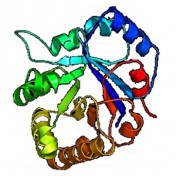
Enzyme
Enzymes are biologically active proteins found in all living cells. Metabolic enzymes catalyze and regulate every biochemical reaction that occurs within the human body, making them essential for cellular function and overall health. Digestive enzymes turn the food we eat into energy which may be utilized by the body for various biological processes. Our bodies naturally produce both digestive and metabolic enzymes, as they are needed.
Enzymes are protein chemicals, which carry a vital energy factor needed for every chemical action, and reaction that occurs in our body. There are approximately 1300 different enzymes found in the human cell. These enzymes can combine with coenzymes to form nearly 100,000 various chemicals that enable us to see, hear, feel, move, digest food, and think. Every organ, every tissue, and all the 100 trillion cells in our body depend upon the reactions of metabolic enzymes and their energy factor. Nutrition cannot be explained without describing the part that enzymes play.
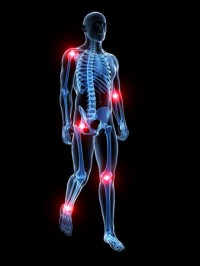 How are enzymes utilized in the body?
How are enzymes utilized in the body?
- Metabolic Enzymes are an essential component for optimal cellular function and health. These descriptions are not without merit. They speed up the chemical reactions within the cells for detoxification and energy production. They enable us to see, hear, feel, move and think. Every organ, every tissue and all 100 trillion cells in our body depend upon the reaction of metabolic enzymes and their energy factor. Without these metabolic enzymes, cellular life would cease to exist.
- Digestive Enzymes are secreted along the digestive tract to break food down into nutrients and waste.
- Food Enzymes are introduced to the body through the raw foods we eat and through consumption of supplemental enzyme products. Raw foods naturally contain enzymes, providing a source of digestive enzymes when ingested. However, raw food manifests only enough enzymes to digest that particular food. The cooking and processing of food destroys all of its enzymes.
A variety of supplemental enzymes are available through different sources. It is important to understand the differences between the enzyme types and make sure you are using an enzyme product most beneficial for your particular needs. With most supplements, we are used to comparing products based on weight. However, with enzymes we are interested in the activity and potency available. It is important to recognize that there is no direct relationship between weight and enzyme activity. End excerpt.
As I mentioned we use enzyme supplements all the time in our home. We use digestive enzymes because we feel better after a meal. I take nattokinase daily to reduce my risk of blood clots. I don’t have a problem; it is my way of being proactive and preventive. We will use other enzymes when needed for short term pain, swelling and inflammation that we all get on occasion. It will be helpful if you learn more about the benefits of enzymes both digestive and metabolic. Most people will do better with at least a digestive enzyme with every major meal.
About Tom Bohager
 Tom Bohager holds a bachelor’s degree in holistic nutrition from Clayton College of Natural Health and is the author of two books: Everything You Need to Know About Enzymes, (2008), and Enzymes: What the Experts Know (2006).
Tom Bohager holds a bachelor’s degree in holistic nutrition from Clayton College of Natural Health and is the author of two books: Everything You Need to Know About Enzymes, (2008), and Enzymes: What the Experts Know (2006).
In 1998 Tom received extensive training at the Transformation Enzyme Therapy center in Houston Texas. In that same year he started Enzymedica in an effort to educate and help as many people as possible on the benefits of high potency enzymes and enzyme therapy. In addition to focusing on Enzymedica’s long-range goals Tom founded The Autism Hope Alliance in 2008. Tom currently focuses his primary efforts on Enzymedica as its Chairman while supporting The Autism Hope Alliance as its founder.




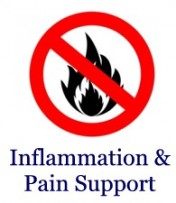
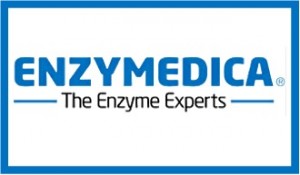

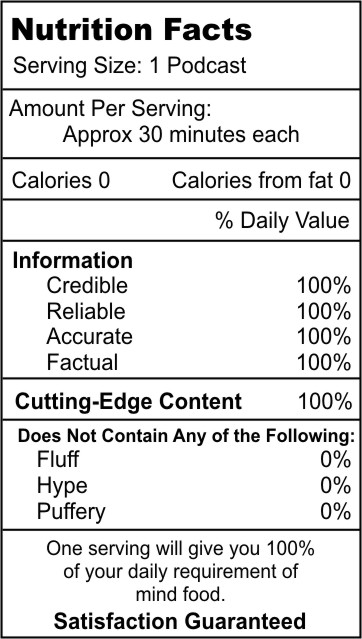




{ 0 comments… add one now }